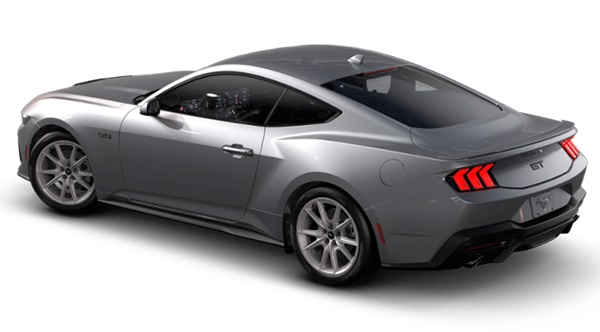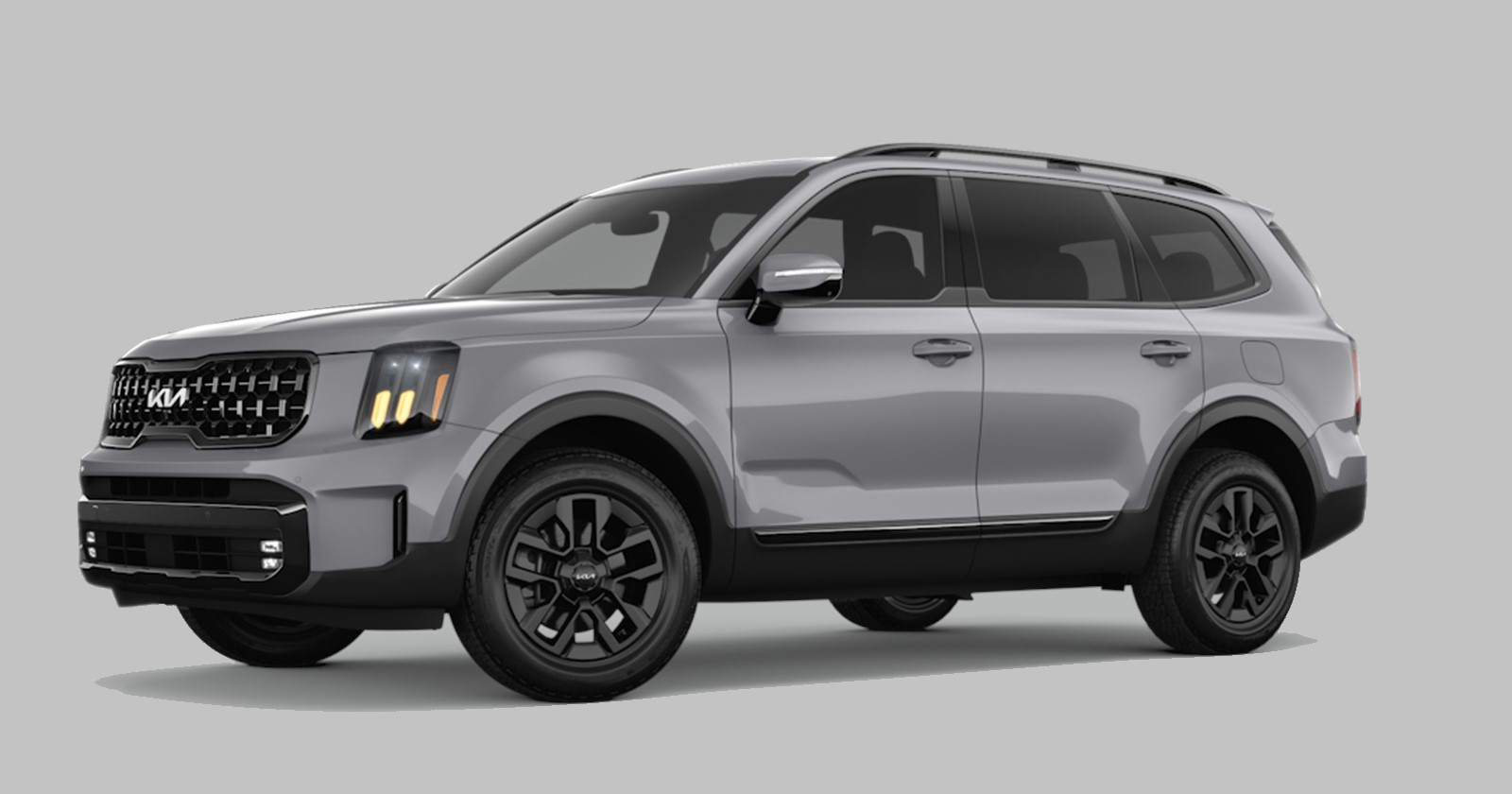Recent weeks have seen a series of high-profile product recalls due to significant fire risks. These recalls span various industries, from rechargeable lights to AI gadgets and even vehicles, and have raised serious safety concerns among consumers. Here’s a quick look at each recall and what you need to know to stay safe.
Good Earth Lighting recalls over 1.2 million rechargeable lights
Over 1.2 million rechargeable lights from Good Earth Lighting were recalled after a series of incidents, including a tragic death, an injury, and multiple reports of fires. The lights, which use lithium-ion batteries, pose a fire hazard if the batteries overheat. “The recalled light’s battery can overheat and ignite the light’s plastic housing, posing fire and burn hazards to consumers,” the company warns.
Lithium-ion batteries are known for their efficiency but also for their risks. These batteries, used widely in products like vapes, toothbrushes, scooters, hoverboards, cellphones, tablets, laptops, and e-bikes, store substantial energy in a compact space. This density can lead to overheating and fires if the batteries are damaged, improperly stored, charged, or used. The National Fire Protection Agency highlights that when these batteries overheat, they can release heat that turns internal components into toxic and flammable gasses. In 2023, New York City alone reported 270 fires, 150 injuries, and 18 deaths due to lithium-ion battery incidents. Similar incidents have been noted globally, including a 60% increase in e-bike fires in London in 2023 compared to the previous year.
“After investigating the circumstances behind the ten reported incidents involving these lights out of 1.2 million fixtures sold, Good Earth Lighting decided to conduct a voluntary recall in partnership with the CPSC,” the company told Forbes. “We will closely work with UL Standards & Engagement to improve and update the organization’s safety standards for rechargeable lithium-ion lighting products.”
Humane AI Pin charging case recall
Humane has urgently requested owners of its AI Pin to stop using the charging case due to fire risks associated with a third-party battery cell. The company has since disqualified the vendor and is seeking a new supplier. While the AI Pin and other accessories remain unaffected, Humane is offering two free months of its subscription service as compensation.

In an email seen by The Verge, Humane says that:
-
Out of an abundance of caution, we are reaching out today to ask that you immediately stop using and charging your Charge Case Accessory due to an issue with certain battery cells for the Charge Case Accessory. Upon receiving a single report of a charging issue while using a third-party USB-C cable and third-party power source, we identified a quality issue with the battery cell supplied by a third-party vendor used in your Charge Case Accessory. Our investigation determined that the battery supplier was no longer meeting our quality standards and that there is a potential that certain battery cells supplied by this vendor may pose a fire safety risk. As a result, we immediately disqualified this battery vendor while we work to identify a new vendor to avoid such issues and maintain our high-quality standards.
Humane also clarified that the issue is isolated to certain battery cells in the Charge Case Accessory and does not affect the AI Pin, Battery Booster, or Charge Pad. The company emphasized its commitment to safety and assured customers of ongoing communication regarding the issue. While the AI Pin itself might be unaffected, the recall raises questions about quality control and the potential risks of integrating third-party components into complex devices like the Humane AI Pin.
Anker 321 Power Bank recall
Anker is facing its second power bank recall in recent times for similar reasons. This time, the 321 Power Bank (PowerCore 5K) model A1112 is under scrutiny due to a manufacturing defect that poses a fire risk. The recall affects units produced after March 2023, but Anker is proactively recalling all of them to ensure customer safety. “We have discovered that some of the lithium-ion batteries used in our A1112 Anker 321 Power Banks (PowerCore 5K, Black) may pose a fire safety risk due to a manufacturing defect,” reads part of Anker’s statement. “The lithium-ion battery in the affected power banks can overheat, potentially causing melting of plastic components, smoke and fire hazards.”
To mitigate the situation, Anker urges users to stop using the power bank immediately. To participate in the recall, users should fill out a form on Anker’s website, including the serial number, to claim a replacement 533 Power Bank. Providing proof of purchase can expedite the process.

Notably, proper disposal of the recalled power banks is crucial. Throwing away batteries improperly can lead to environmental hazards and potential fires. Anker provides links for responsible disposal in various countries, including the Environmental Protection Agency’s website and Call2Recycle for US users.
This isn’t the only recall Anker has recently managed. The company recalled the 535 Power Bank last year after it was linked to a house fire in Maryland.
Ford recalls over 8,000 Mustangs
Ford’s iconic Mustang isn’t immune to safety concerns either. The company recently recalled over 8,000 manual-equipped 2024 Mustang models due to a potential issue with leaking clutch fluid, which could lead to engine stalling, crashes, or even underhood fires. While Ford is unaware of any injuries or accidents related to the defect, the recall highlights the importance of addressing even minor mechanical issues that could escalate into serious safety hazards.
The problem arises from an improperly secured clutch pressure line that can contact hot exhaust components. But according to the National Highway Traffic Safety Administration (NHTSA) recall notice, the leak, while serious, does not immediately affect the brake fluid level. This means drivers may not experience any change in braking performance, making it difficult to detect the leak until it leads to more significant problems. This same leak, however, can deplete the clutch fluid, making it impossible to shift gears and potentially causing the engine to stall. Additionally, if the leaking fluid comes into contact with a hot surface, it can result in smoke and even a fire under the hood.

As of May 24, Ford was aware of two potentially related reports of underhood fire and one report of smoke underhood. No accidents or injuries related to this condition have been reported so far. The company says those affected will receive notifications by mail for free inspections and repairs at Ford or Lincoln dealerships. If vehicle owners had already paid to fix this issue before the recall notice, they are entitled to reimbursement until July 5, 2024.
Kia Telluride owners urged to park outside due to fire risk
A chronology of issues with the Telluride SUV front power seats shows Kia’s North America Safety Office received complaints of smoke and a report of a “driver seat caught on fire while driving.” No injuries have been reported. As a result, Kia has recalled certain 2020-2024 Telluride SUVs over a fire risk linked to the front power seat motor, which can overheat due to a stuck power seat slide knob. This overheating can potentially result in a fire. Kia is advising owners to park outside and away from structures until repairs are completed. The company will also reimburse owners for any repair expenses already incurred.
This recall follows a previous recall in September 2023, where Hyundai and Kia recalled nearly 3.4 million vehicles in the US due to fire risks from brake fluid leaks. “To fix the issue, dealers will install a bracket for the power seat switch back covers and replace the seat slide knobs, free of charge,” stated the NHTSA. Over 460,000 vehicles are affected, and owners will be notified by mail starting July 30.
Consumer safety comes first
These recalls are a stark reminder that even seemingly innocuous products can pose significant safety risks. It is crucial for consumers to stay informed about product recalls and take appropriate action to protect themselves and their families. Manufacturers also have a responsibility to prioritize consumer safety by conducting thorough testing and promptly addressing any issues that arise. The recent recalls highlight the importance of ongoing vigilance and collaboration between companies and regulatory agencies to ensure the safety of consumer products.
Consumers can stay informed about product recalls by checking the websites of regulatory agencies like the Consumer Product Safety Commission (CPSC) and the National Highway Traffic Safety Administration (NHTSA). They can also sign up for email alerts and follow these agencies on social media for updates.
By staying informed and taking prompt action, consumers can help protect themselves and their loved ones from potential hazards.
Featured image: KIA
TechIssuesToday primarily focuses on publishing 'breaking' or 'exclusive' tech news. This means, we are usually the first news website on the whole Internet to highlight the topics we cover daily. So far, our stories have been picked up by many mainstream technology publications like The Verge, Macrumors, Forbes, etc. To know more, head here.


